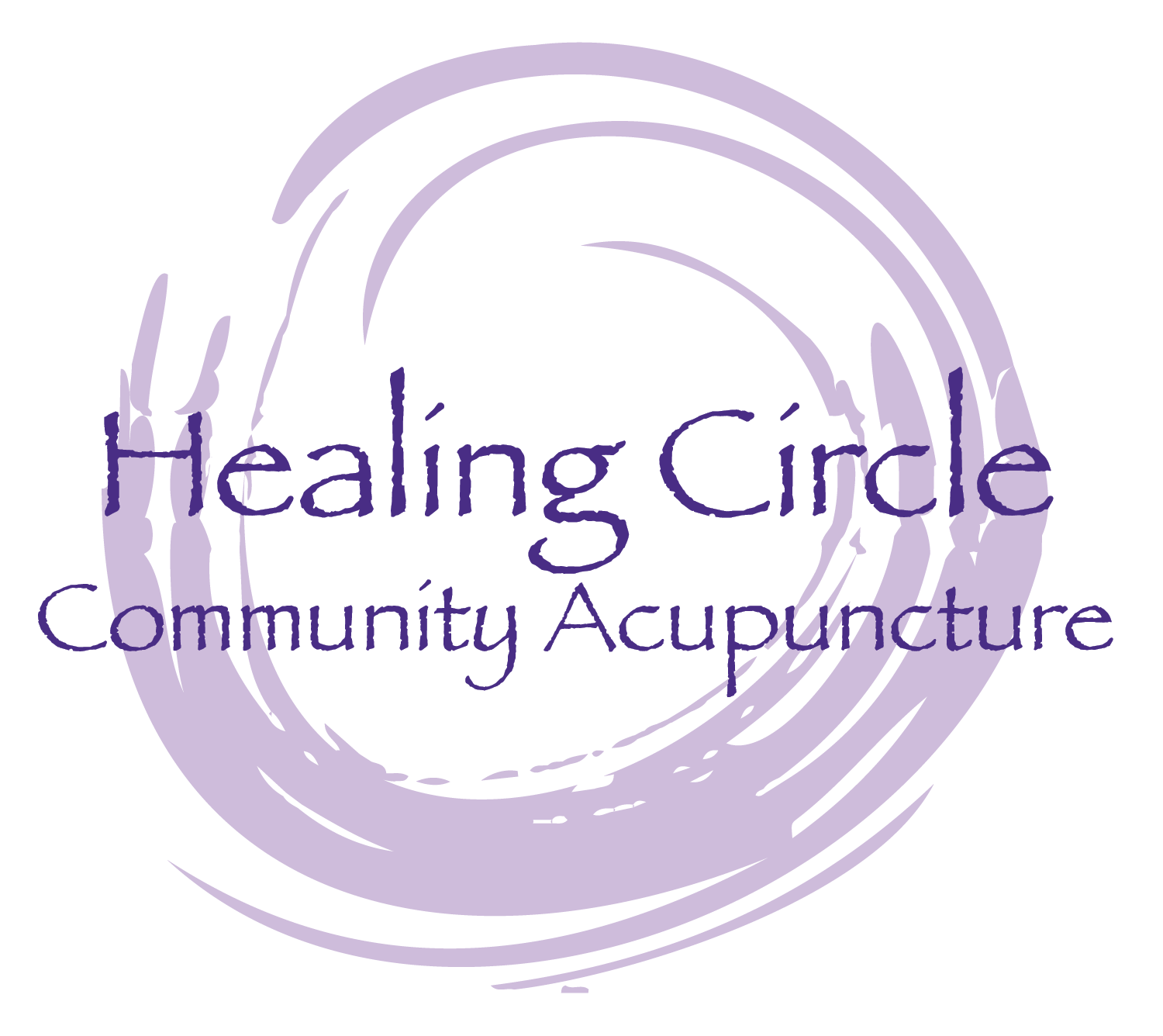12 Lifestyle Factors that Improve Healthspan
While most people want to live longer, they also want to live longer in good health so they can be physically and cognitively present well into their 80s, 90s, and even 100s.
The following 12 time tested recommendations may in fact slow down the biological process of aging improving your healthspan.
1: Exercise
Exercise has a significant impact on healthspan. Research shows that frequent physical activity can reduce and/or prevent some aging-related functional declines.
Aerobic/cardio exercise is associated with reduced oxidative stress and inflammation while resistance exercise preserves skeletal muscle mass, helping to prevent or reduce frailty and sarcopenia.
At least 30 minutes or more of moderate to intense exercise is recommended at least five days a week.
2: Diet
Research supports the adoption of a more plant-based/Mediterranean diet contributes to lower levels of biomarkers associated with aging. The plant-based/Mediterranean diet has been associated with maintaining motor, vascular, and cognitive function and may slow age-related declines.
3: Environment
Pollution, smoking, and socio-environmental factors can influence healthspan. Long-term exposure to pollution may shrink telomere length, which is associated with aging. And pollutants contribute to inflammatory pathways involved in metabolism and brain and heart function.
4: Drink Water
Our bodies are primarily composed of water, about 50-70% bodyweight. Water aids in ridding waste products, regulates temperatures, lubricates joints and tissues.
We need a significant amount of water regularly to maintain healthy functioning – eight glasses a day is a commonly used marker.
Simple ways of gauging your hydration include your thirst levels and the color of your urine. If you are rarely thirsty and your urine is colorless or light yellow, you are probably doing a good job.
5: Get The Right Amount of Quality Sleep
Sleep is an essential time for our bodies and brains to recuperate: breathing, heart rate, and metabolism decrease.
Getting enough quality sleep, around 7–9 hours per night, is important for health and well-being. Sleep deprivation can increase stress, mood swings, and impact cognitive thinking.
6: Reduce the Time Your Sit
Too much time spent sitting is a health risk distinct from getting too little exercise. Yes, even if you are reaching the recommended 150 weekly minutes of moderate-intensity activity, the amount of time you spend sitting down can decrease your quality of life and overall healthspan. Set yourself hourly (or more frequent) reminders to stand up and move your body. Even just the act of standing for a minute or two can do wonders for your health.
7: Maintain a healthy supportive relationships- Build a Community of Friends
Perhaps one aspect that no one will overlook is the value of a solid community. Building and maintaining social connections improves mental health and overall well-being.
8: Maintain a healthy body weight.
A healthy weight can vary for different people, but having too much belly fat can increase your health issues.
9: Drink alcohol in moderation
Try to drink just one glass a day for women and two for men. Keeping your drinking to three glasses of alcohol or less a week is best for optimal health.
10: Stress management:
Stress is essential to survival, but too much stress over a long period of time keeps your cortisol levels high — which can reduce your insulin sensitivity and increase your risk of heart disease, weight gain, cognitive impairment and decrease your healthspan.
Try meditation or other relaxation techniques to manage stress. Breathwork, spending time in nature, and exercise are key ways to manage your stress levels.
11: Prioritize your happiness
Feeling happy can significantly increase your longevity.
A review of 35 studies showed that happy people may live up to 18% longer than their less happy counterparts
12: Have a Purpose in Your Life
Waking up each morning with a real purpose. Having something to live for in fact has the potential to increase your healthspan.
Key Takeaways
For many of us, longevity has always been measured in terms of quantity, leading us to believe that the goal of aging is to live as long as possible. And while there is, of course, value in striving for a lengthy lifespan, many experts now believe that the real focus should be on optimizing healthspan. By adopting and practicing healthy habits we can boost our chances of actively participating in our favorite activities throughout the decades.
That said, every body is different. While you can incorporate some of the lifestyle factors above, not all of these recommendations will work for everyone. At the end of the day, improving your healthspan is a personal process that hinges heavily on your unique biology and experimentation.
Dr. Grisanti's Comments and Recommendations
As the saying goes, “small changes lead to big results.” Incorporating minor adjustments into your daily routine can make a significant difference in your overall health and well-being.
It's not just about living longer, it's about enjoying every moment to the fullest
Printed with permission : www.functionalmedicineuniversity.com

